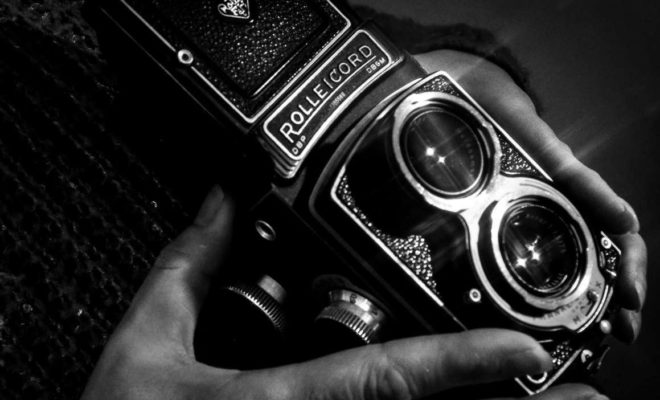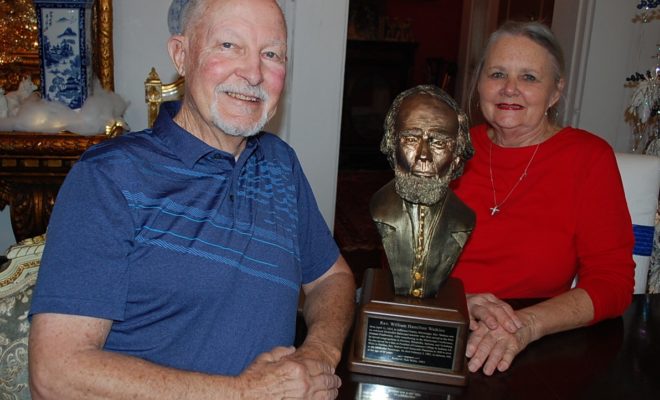Preserving the Flame: Honoring Dr. Martin Luther King Jr.
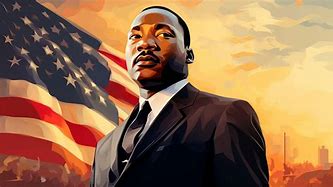
Dr. Martin Luther King Jr.’s vision of equality, justice, and unity has resonated deeply with generations of people across the globe. His dream, eloquently articulated in his iconic “I Have a Dream” speech, is more than an ideal; it is a profound gift that continues to inspire progress, compassion, and hope. As we welcome the month of January and commemorate his birthday, I feel compelled to reflect on the profound impact Dr. King’s legacy has had on my life and the lives of so many others.
In this paper, I express my gratitude for his dream—a dream that has given me a lens to view the world with greater empathy, a foundation to pursue equity, and a reason to hope for a brighter tomorrow. Dr. King’s unwavering commitment to justice and his belief in the transformative power of love have shaped history and touched my heart in deeply personal ways.
I memorialize the man but preserve the dream.
When I think of Dr. Martin Luther King Jr., an image of a steadfast flame comes to mind. A flame that illuminated the darkest corridors of racial inequality, guiding millions towards a brighter, shared future. Reflecting on his legacy, I am struck by the depth of his sacrifice and the profound simplicity of his dream—a world where individuals are judged not by the color of their skin but by the content of their character. Today, as I sit to pen these thoughts, I feel both the weight and the privilege of carrying forward his torch. This essay is not just an homage but a personal meditation on what it means to preserve the flame he lit for us all.
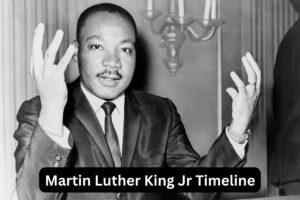
Growing up, Dr. King’s words were like sacred mantras in my household. My parents, both educators, ensured that the Civil Rights Movement was not just a chapter in a history book but a living, breathing testament to resilience and hope. “Injustice anywhere is a threat to justice everywhere,” they would quote, reminding me that silence in the face of oppression was complicity. At first, these lessons seemed abstract, as though they belonged to a distant, sepia-toned past. But as I grew older and began encountering the subtle, insidious forms of bias and discrimination in everyday life, I understood the urgent relevance of Dr. King’s vision.
Dr. King’s journey was not without struggle, and it is this struggle that inspires me the most. He was not a mythical figure, immune to fear or doubt. Instead, he was profoundly human—a preacher, a father, a husband—who chose courage over comfort. This humanity is what draws me to him. In moments of personal hardship, I often ask myself, “What would Dr. King do?” Would he retreat in despair, or would he press forward, guided by faith and conviction? The answer is always the latter, and it propels me to act with purpose, even when the path is fraught with uncertainty.
One of the most poignant ways I have honored Dr. King’s legacy is through community service. He believed deeply in the power of collective action, in ordinary people coming together to achieve extraordinary outcomes. I remember one particular day of service vividly. It was a cold January morning, fittingly on Martin Luther King Jr. Day. A group of us had gathered to clean and restore a neglected community park. As we worked—picking up litter, planting trees, and painting benches—I felt a profound sense of unity with my neighbors. Strangers became collaborators, and the park transformed before our eyes. That day, I realized that preserving Dr. King’s flame isn’t always about grand gestures; sometimes, it’s about showing up and doing the work, no matter how small it seems.
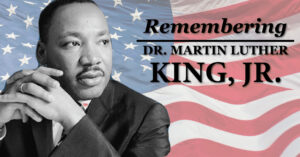
Education, too, has been a cornerstone of my efforts to honor Dr. King. He once said, “The function of education is to teach one to think intensively and to think critically. Intelligence plus character—that is the goal of true education.” As an advocate for equitable access to education, I’ve worked with underserved schools, mentoring students and championing programs that bridge the opportunity gap. Dr. King’s emphasis on character reminds me that academic success is hollow without empathy and integrity. I’ve seen this truth come alive in the young people I’ve mentored. They inspire me as much as I hope to inspire them, embodying the potential for a better tomorrow.

In the realm of activism, I’ve learned that honoring Dr. King requires more than admiration; it demands action. The protests of recent years, advocating for racial justice and police accountability, have been both heart-wrenching and galvanizing. Marching alongside diverse groups of people, I’ve felt the echoes of Dr. King’s marches in Selma and Washington. The chants, the signs, the collective resolve—all are modern manifestations of the same struggle for equality. Yet, I’ve also felt the weight of his admonition: “The ultimate tragedy is not the oppression and cruelty by the bad people but the silence over that by the good people.” His words remind me that complicity is not an option, that silence is a betrayal of his dream
Perhaps the most challenging aspect of preserving Dr. King’s legacy is confronting my own biases and shortcomings. Dr. King spoke often of the “Beloved Community,” a vision of a world rooted in justice, inclusivity, and love. To build such a community, I’ve had to examine my own prejudices, no matter how uncomfortable. This process is ongoing, a continuous effort to unlearn harmful narratives and embrace the humanity of others, even when it’s inconvenient or difficult. It’s a humbling journey but a necessary one if I am to be true to the principles Dr. King championed.
Dr. King’s message of nonviolence is another cornerstone of his legacy that resonates deeply with me. In a world often quick to resort to aggression, his philosophy is a powerful reminder of the strength in peace. I’ve tried to embody this in my own interactions, whether it’s resolving conflicts at work or standing firm in the face of injustice without resorting to hostility. Nonviolence, as Dr. King taught us, is not passive; it is a courageous act of defiance against hate and oppression. It requires discipline, patience, and an unyielding belief in the transformative power of love.
As I write these words, I am reminded of one of Dr. King’s lesser-known speeches, “A Time to Break Silence.” Delivered exactly one year before his assassination, it was a searing critique of the Vietnam War and a call to address systemic poverty and militarism. What struck me most about this speech was its moral clarity and its willingness to challenge the status quo, even when it was unpopular. It’s a lesson I carry with me: preserving the flame means speaking truth to power, even when it’s uncomfortable or risky. Dr. King’s courage inspires me to address not just the symptoms of injustice but its root causes, whether they manifest in economic disparity, environmental degradation, or institutional bias.
Be a yardstick of quality. Some people aren’t used to an environment where excellence is expected.
In moments of doubt, I find solace in Dr. King’s unwavering faith. He once said, “Faith is taking the first step even when you don’t see the whole staircase.” These words have been a beacon for me, especially during uncertain times. Whether navigating personal challenges or grappling with the enormity of societal issues, his faith reminds me that progress often begins with a single, courageous step. It’s a lesson I’ve tried to instill in others, particularly young people, who may feel overwhelmed by the world’s injustices.
Dr. King’s legacy also lives on in the arts. As a lover of literature and music, I’ve found that art is one of the most powerful ways to preserve his message. From Langston Hughes’ poetry to the soul-stirring songs of the Civil Rights Movement, creative expressions have always been integral to the fight for justice. I’ve contributed in my own small way, organizing cultural events that celebrate Black artists and amplify voices that might otherwise go unheard. These events are not just celebrations; they are acts of resistance, affirmations of identity and resilience.
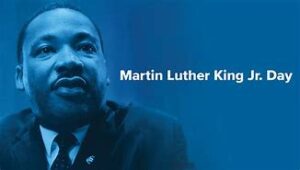
As I reflect on Dr. King’s life and legacy, I am filled with both gratitude and resolve. Gratitude for the sacrifices he made, the doors he opened, and the dreams he dared to dream. Resolve to ensure that his flame does not wane, that his vision does not fade into the annals of history but remains a guiding light for generations to come. Honoring Dr. King is not a static act; it is a dynamic, ongoing commitment to justice, equity, and love.
In the end, preserving the flame means living as though his dream is within reach. It means believing, as he did, in the inherent dignity of every human being. It means acting, every day, in ways that bring us closer to the Beloved Community he envisioned. And so, I write these words not just as a tribute but as a promise—a promise to keep the flame alive, to pass it on, and to let it illuminate the path towards a more just and compassionate world.





